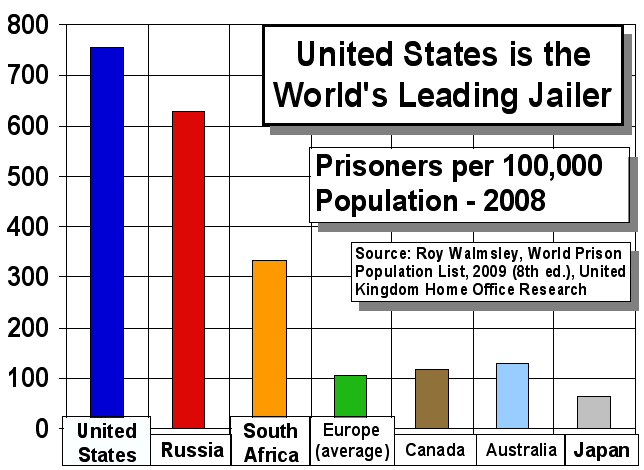Deuteronomy 21:10-25:19What a gloriously disturbing collection of verses are these? Why were they never covered in Sunday School?
Here is the rundown with commentary:
21:10-14 describes how to
forcibly subjugate and frequently rape "marry" one of the aforementioned [
Numbers 31] virgin girls whom you took captive in battle after killing her relatives. That is, until you grow tired of her and yearn for new captives. Simply divine!
21:18-21 describes how to run the trial and public execution of a rebellious and
party-going son. Martin Sheen, take note.
21:22-23 describes a curse which the L-rd G-d puts upon certain dead people because of how other people cruelly killed them. Interestingly, Christians tend to think these verses apply in some
bizarro-world way to Jesus of Nazareth, whose divine cursing allegedly brought forth a blessing.
22:5 - God also hates cross-dressers. British satirists, take note.
22:8 - As it happens, I own a home with a flat roof and no parapet, and evidently that's just one more reason for Jehovah to hate me. I've done worse, of course.
22:12 - God loves tassels! Inexplicably, though, he hates
Mardi Gras.
22:13-22 - If a girl
doesn't bleed from her crotch on her wedding night, the men of the city shall publicly stone her to death. Divine sex tip: Men, try to avoid foreplay and don't be gentle!
22:28 - Punishment for raping a virgin is (wait for it...) fifty shekels of silver and an unbreakable vow of marriage to the rape victim. There is no punishment for raping a widow, evidently. Also, how must it be for the virgin to get the chance to be raped on a daily basis by the fellow who ruined sex for her in the first place? Now where did the first-wave feminists ever get the idea that the Bible is a patriarchal, barbaric, and
oppressive document?
23:1-3 - God is a real man's man and refuses to be seen with guys who are less than
fully equipped and properly endowed, if ya know what I mean. Also, God loathes bastards and their great-great-great-great-great-great-great-
grandkids, for some reason or another. Probably the sanctity of marriage or some bullshit like that. Also, He is a bit racist when it comes to certain non-Israelites, but we sort of caught the drift of that already.
23:13-14 - Please don't take my word for it, just go read these verses yourself. Right now. Otherwise you'll think I'm exaggerating when I say that these verses commit thoroughgoing Biblical
literalists to the odd position that God is angered when He steps in poop. No, really.
23:15 - The Fugitive Slave Act of 1850 may not have been unconstitutional, but it was clearly
unbiblical. I've got to remember to go book-mining for references to this verse in the sermons and polemics that went back and forth between northern and southern preachers at the time.
23:17 - No whores and sodomites allowed.
23:20 - Confirms certain European Gentile stereotypes about Jewish custom, oddly enough, by specifically commanding that it is okay to screw over
goyim (and only
goyim) by lending at interest.
24:1 - Whenever the authors cannot think of a rational justification for a new rule, they always whip out "That would be detestable in the eyes of the LORD." Wish they'd had invented an abbreviation or one word acronym for that.
25:12 - Women may have their hands cut off for an oddly specific offense. I'm wondering if I go through all of
WestLaw or Lexis if I can find any instances of this
particular form of physical assault. I'm also wondering whether this law arose out of something that the priestly scribe who wrote it shudders to recall. Given the ban against those "wounded in the stones" this could have been a career-ending injury for him.
While this passage ends with yet another ruthless exhortation to wage total genocide, I'm going to skip lightly over that and attempt to end this post on a positive note. This passage has several positive injunctions not to oppress the poor, strangers, orphans, and widows, or even hard
working oxen, and
moreover it lays out a rudimentary system of welfare at 24:19-22. So that was a nice change of pace from all the smiting and cursing. Even a blind squirrel finds a tasty nut every once in a while.






